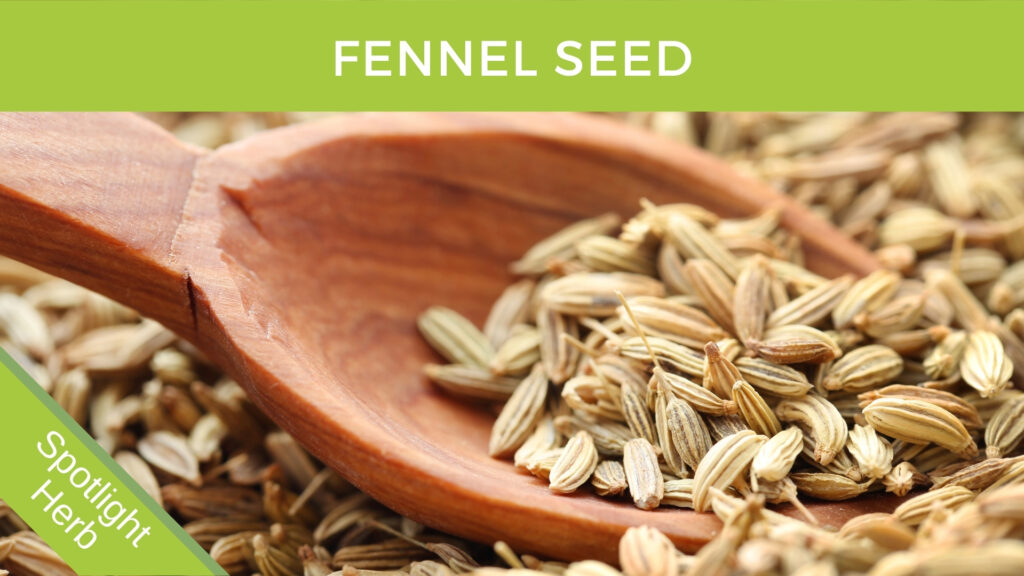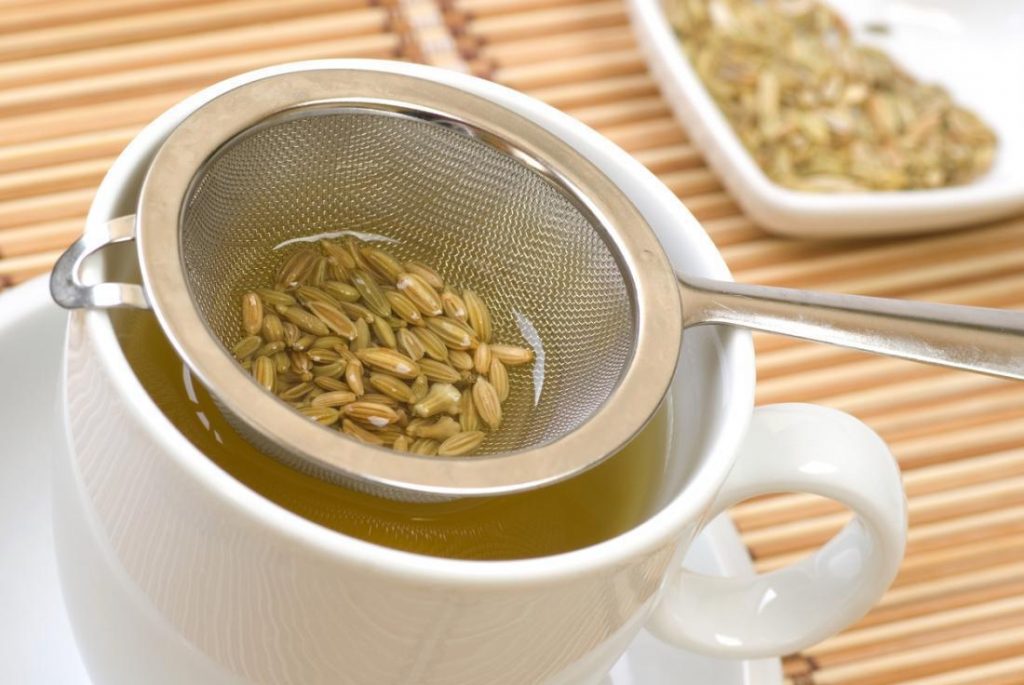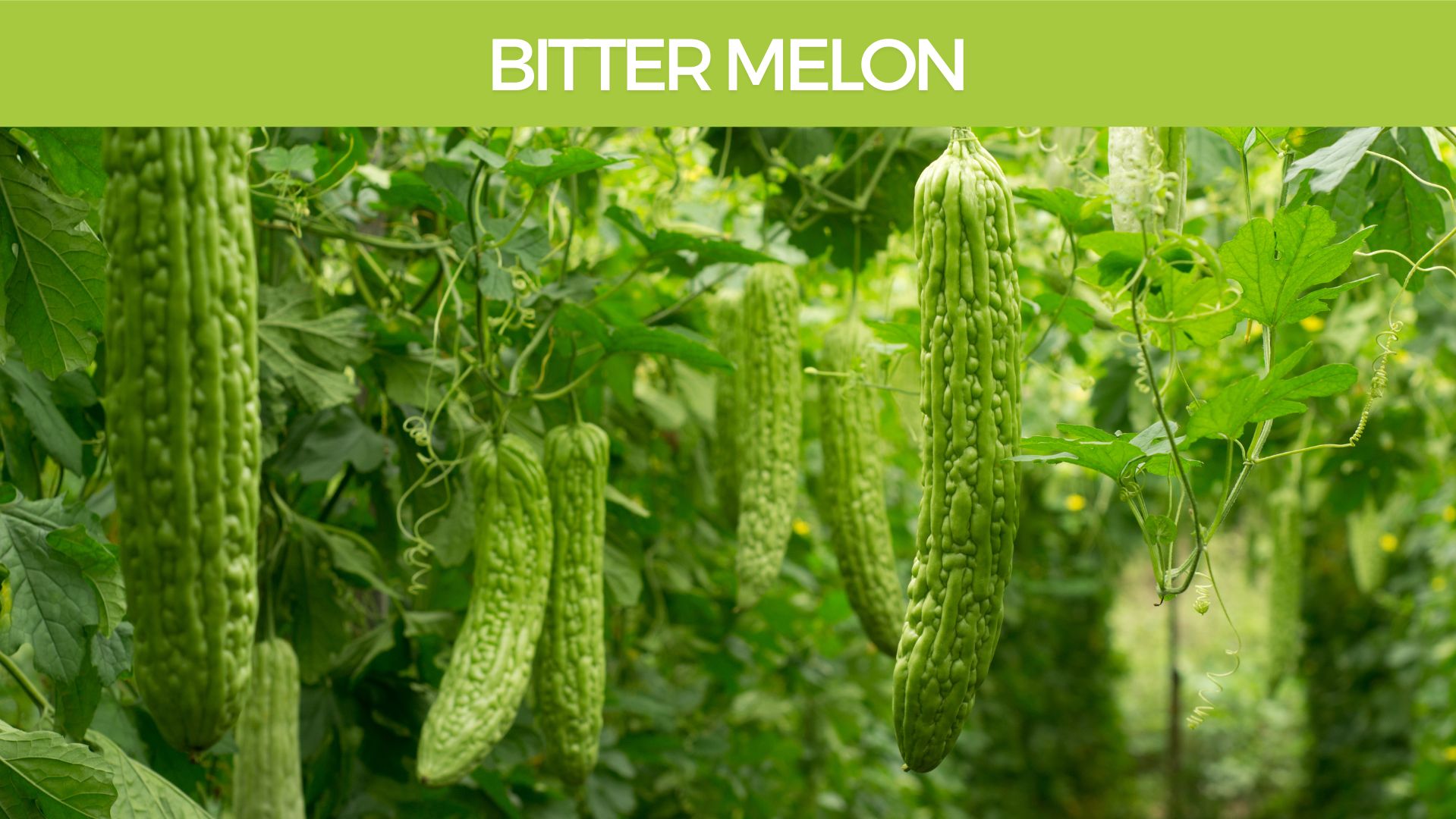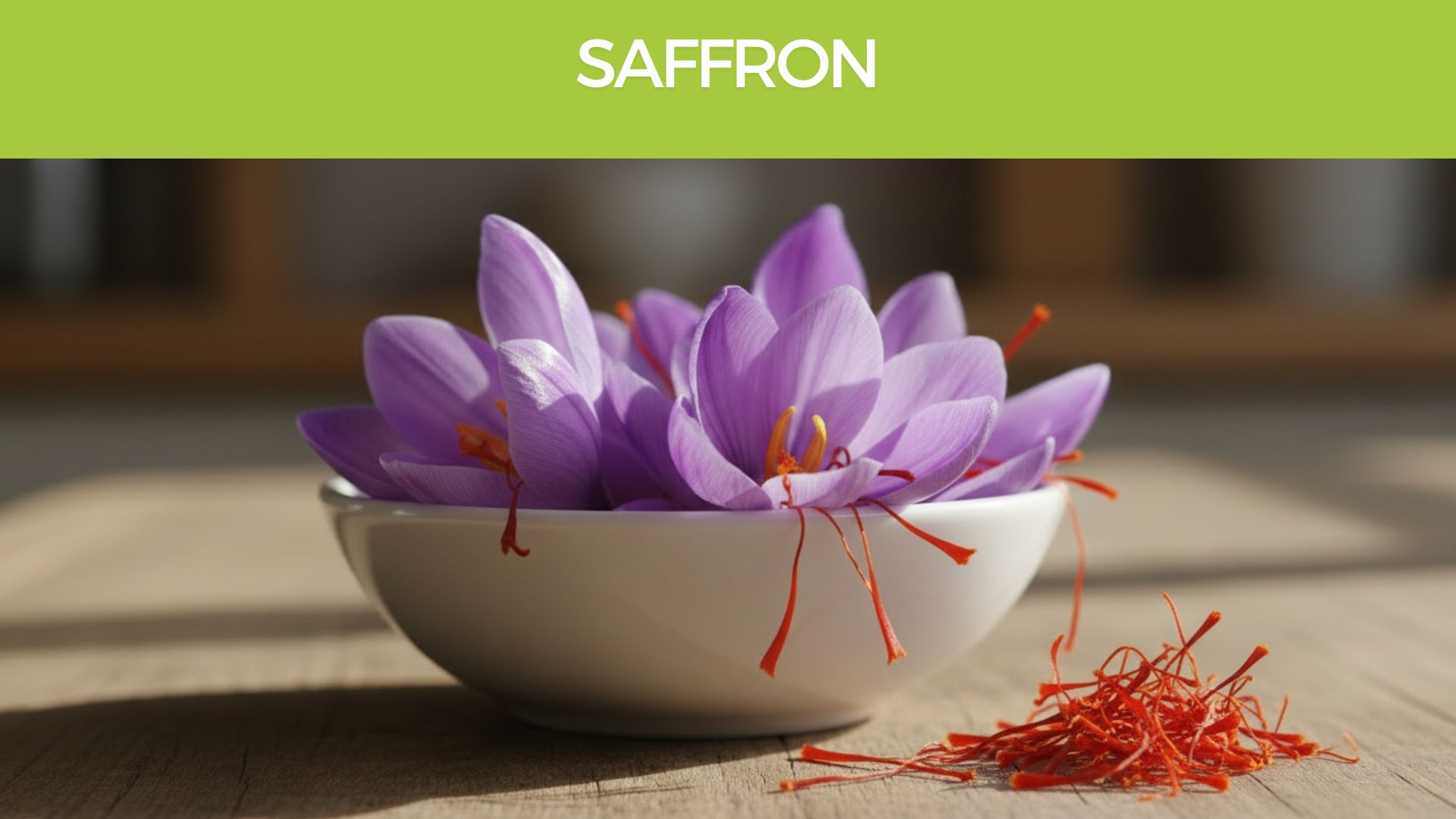- 2 years ago
- 5Minutes
- 914Words
- 2161Views
Overview
Fennel is a perennial herb native to the Mediterranean region, now widely cultivated in Bulgaria, Romania, Hungary, Greece, Turkey, Italy, France, Germany, Egypt, India, and China. (1,2,3,4)
The modern medicinal uses for Fennel seed are supported by their history of use in well-established systems of traditional medicine, phytochemical investigations, and in vitro and in vivo studies in animals.
(1) Bruneton, J. 1995. Pharmacognosy, Phytochemistry, Medicinal Plants. Paris: Lavoisier Publishing.
(2) Grieve, M. 1979. A Modern Herbal. New York: Dover Publications, Inc.
(3) Leung, A.Y. and S. Foster. 1996. Encyclopedia of Common Natural Ingredients Used in Food, Drugs, and Cosmetics, 2nd ed. New York: John Wiley & Sons, Inc.
(4) Wichtl, M. and N.G. Bisset (eds.). 1994. Herbal Drugs and Phytopharmaceuticals. Stuttgart: Medpharm Scientific Publishers.
(5) Tanira, M.O.M. et al. 1996. Pharmacological and toxicological investigations on Foeniculum vulgare dried fruit extract in experimental animals. Phytother Res 10:3336.
(6) Karnick, C.R. 1994. Pharmacopoeial Standards of Herbal Plants, Vols. 12. Delhi: Sri Satguru Publications. Vol. 1:139141; Vol. 2:71.
(7) Tu, G. (ed.). 1992. Pharmacopoeia of the People’s Republic of China (English Edition 1992). Beijing: Guangdong Science and Technology Press. 70.
(8) ESCOP. 1997. ‘Foeniculi aetheroleum’ and ‘Foeniculi Fructus.’ Monographs on the Medicinal Uses of Plant Drugs. Exeter, U.K.: European Scientific Cooperative on Phytotherapy.
(9) Nadkarni, K.M. 1976. Indian Materia Medica. Bombay: Popular Prakashan. 557559.
(10) British Herbal Pharmacopoeia (BHP). 1996. Exeter, U.K.: British Herbal Medicine Association.
(11) Niiho, Y., I. Takayanagi, K. Takagi. 1977. Effects of a combined stomachic and its ingredients on rabbit stomach motility in situ. Jpn J Pharmacol 27:177179.
(12) Braun, R. et al. 1997. Standardzulassungen f r FertigarzneimittelText and Kommentar. Stuttgart: Deutscher Apotheker Verlag.
(13) Foeniculum vulgare Mill: A Review of Its Botany, Phytochemistry, Pharmacology, Contemporary Application, and Toxicology. PUBMED https://www.ncbi.nlm.nih.gov/pmc/articles/PMC4137549/
(14) A randomized double-blind placebo-controlled trial of a standardized extract of Matricariae Recutita, Foeniculum vulgare and Melissa officinalis (ColiMil) in the treatment of breastfed colicky infants. PUBMED https://www.ncbi.nlm.nih.gov/pubmed/16041731
Traditional Uses
Its modern therapeutic uses in Germany and the USA stem from traditional Greek medicine as practiced by Hippocrates and later by Dioscorides. It is still widely used in traditional Arabian medicine as a diuretic, appetizer, and digestive (5).
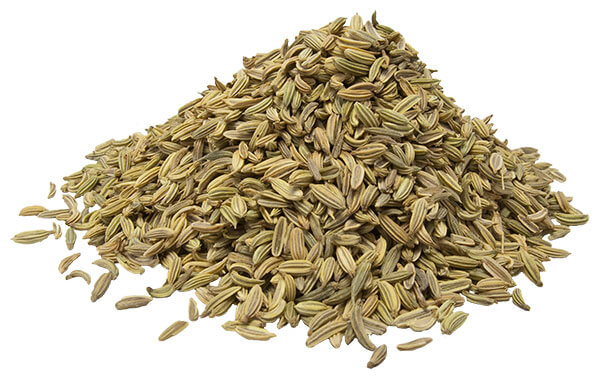
Indications for Use
Current Ayurvedic Pharmacopoeia recommends it in dried fruit or fluid extract form, for flatulent dyspepsia, anorexia, and flatulent colic in children (6). Its indications for use in the present Chinese pharmacopeia include distending pain in the epigastrium with anorexia, dysmenorrhea with lower abdominal pain and cold sensation, vomiting, and diarrhea (7).
In Germany, Fennel seed is licensed as a standard medicinal tea for dyspepsia. It is also used in cough syrups and honey, and as stomach and bowel remedies, especially in pediatrics, as an infusion, lozenge, juice, and syrup. Indications for use of Fennel oil are similar to those for Fennel seed. In Germany and the USA, Fennel oil is used as an expectorant component of cough remedies, and also as a carminative component of stomach and bowel remedies. Traditionally it’s mixed with laxative herbs to reduce their griping effects in the bowels (3,4,8,9).
Commission E approved the internal use of Fennel seed preparations for dyspepsias such as mild, spastic gastrointestinal afflictions, fullness, and flatulence. It is also approved for catarrh of the upper respiratory tract. Fennel syrup and Fennel honey are used for catarrh of the upper respiratory tract in children.
The German Standard License for infusion of Fennel seed reports its use against flatulence and cramp-like pains in the gastrointestinal tract, especially in infants and small children.
European Scientific Cooperative on Phytotherapy lists Fennel seed for dyspeptic complaints such as mild, spasmodic gastrointestinal complaints, bloating, flatulence, and for catarrh of the upper respiratory tract. (8)
Active constituents
Fennel seed consists of the dried, ripe fruits of Foeniculum vulgare and their preparations in effective dosage. The seeds contain at least 4% essential oil with not more than 5% estragole.
Chemistry and Pharmacology
Fennel seed contains essential oils (46%), of which 50-70% is trans-anethole, 9-22% (+)-fenchone, 25% estragole (methyl chavicol), plus a- and b-pinene, a-phellandrene, limonene, camphene, and others; fixed oil (1720%), of which 6075% is petroselinic acid; the flavonoids kaempferol, quercetin, isoquercitrin, and rutin; protein (1620%); minerals (relatively high in calcium and potassium); sugars; and vitamins (1, 3, 4, 8).
Commission E reported that Fennel seed promotes gastrointestinal motility and in higher concentrations acts as an antispasmodic. In experiments, anethole and fenchone have been shown to have a secretolytic action in the respiratory tract.
The British Herbal Pharmacopoeia reported its action as a carminative (10).
Clinical Studies
Fennel administered orally increased the spontaneous movement of the unanesthetized rabbit stomach and taken intravenously reduced the inhibition of stomach movement by sodium pentobarbitone (11).
A bitter Fennel infusion reduced spasms induced by acetylcholine and barium chloride in vitro in isolated guinea pig ileum and inhibited in situ ileum spasms in vivo in cats (9).
Diuretic
Fennel seed revealed a highly significant diuretic effect which proves the earlier folk claim of Fennel which was reported in the United States of America. (13)
Infant Colic
Crying time reduction was observed in 85.4% of subjects – Using Fennel, Lemon Balm, and Chamomile it showed that colic in breastfed infant improves within 1 week of treatment. (14)
Side Effects
No restrictions are known for the seed used in infusions and preparations containing an equivalent amount of the essential oil. Other Fennel seed preparations not recommended during pregnancy. No restrictions are known during lactation.
No Interactions with Other Drugs are known.
Recommended Dosage
5-7 g per day crushed or ground seeds for teas, tea-like products, and other galenical preparations for internal use.
Products
Fennel can be found in the following Ultimate Herbal Programs or Products:

